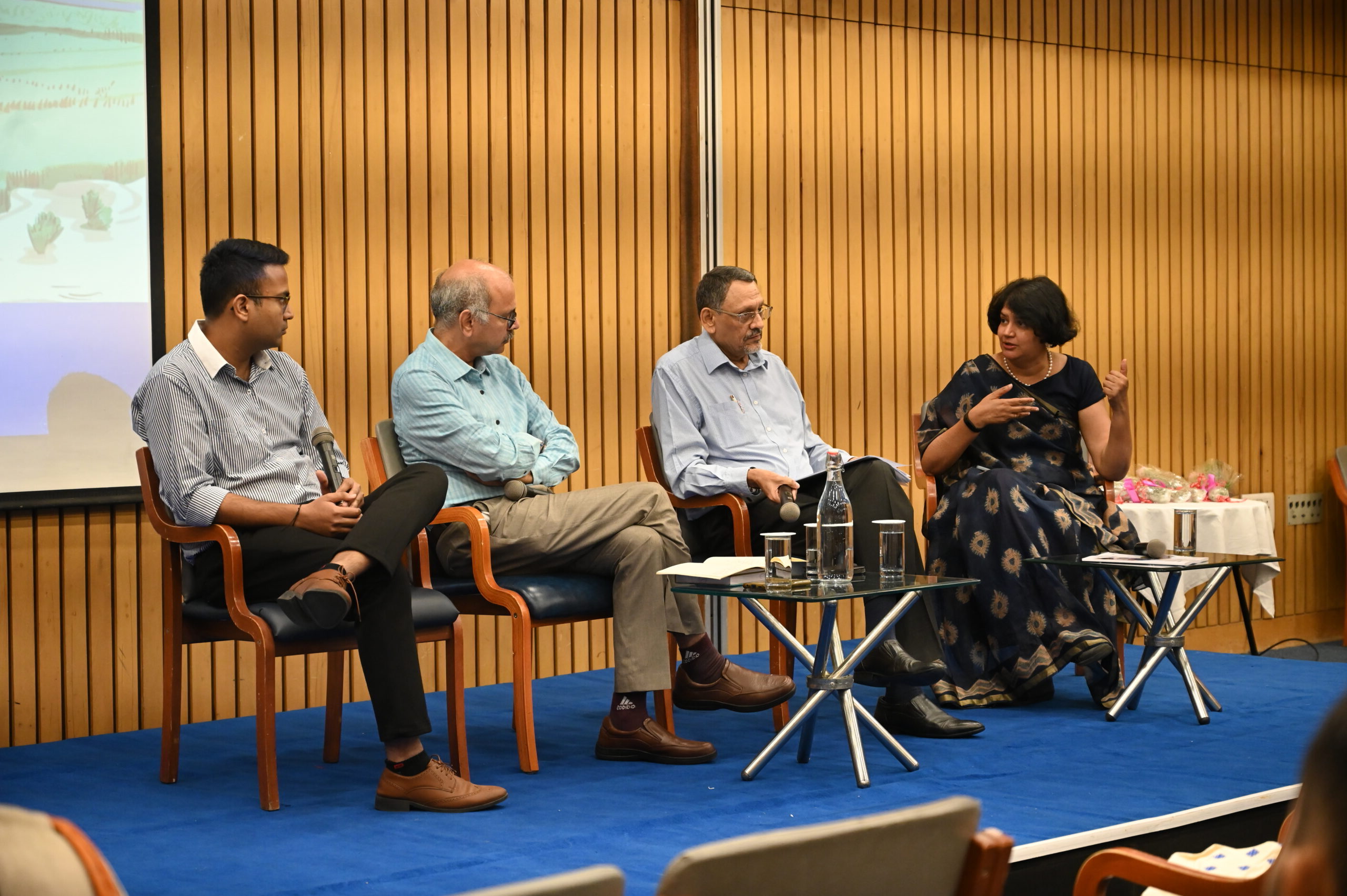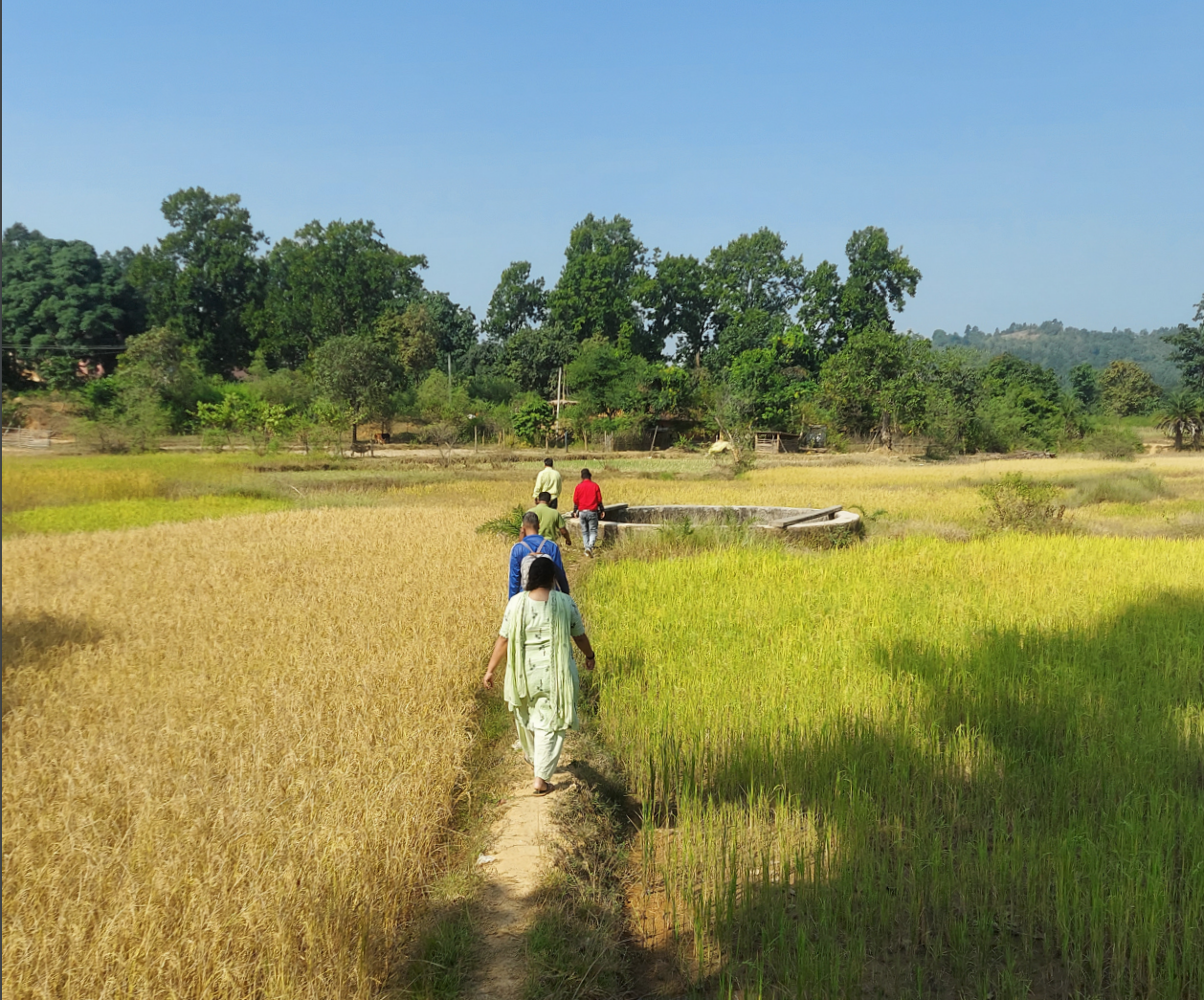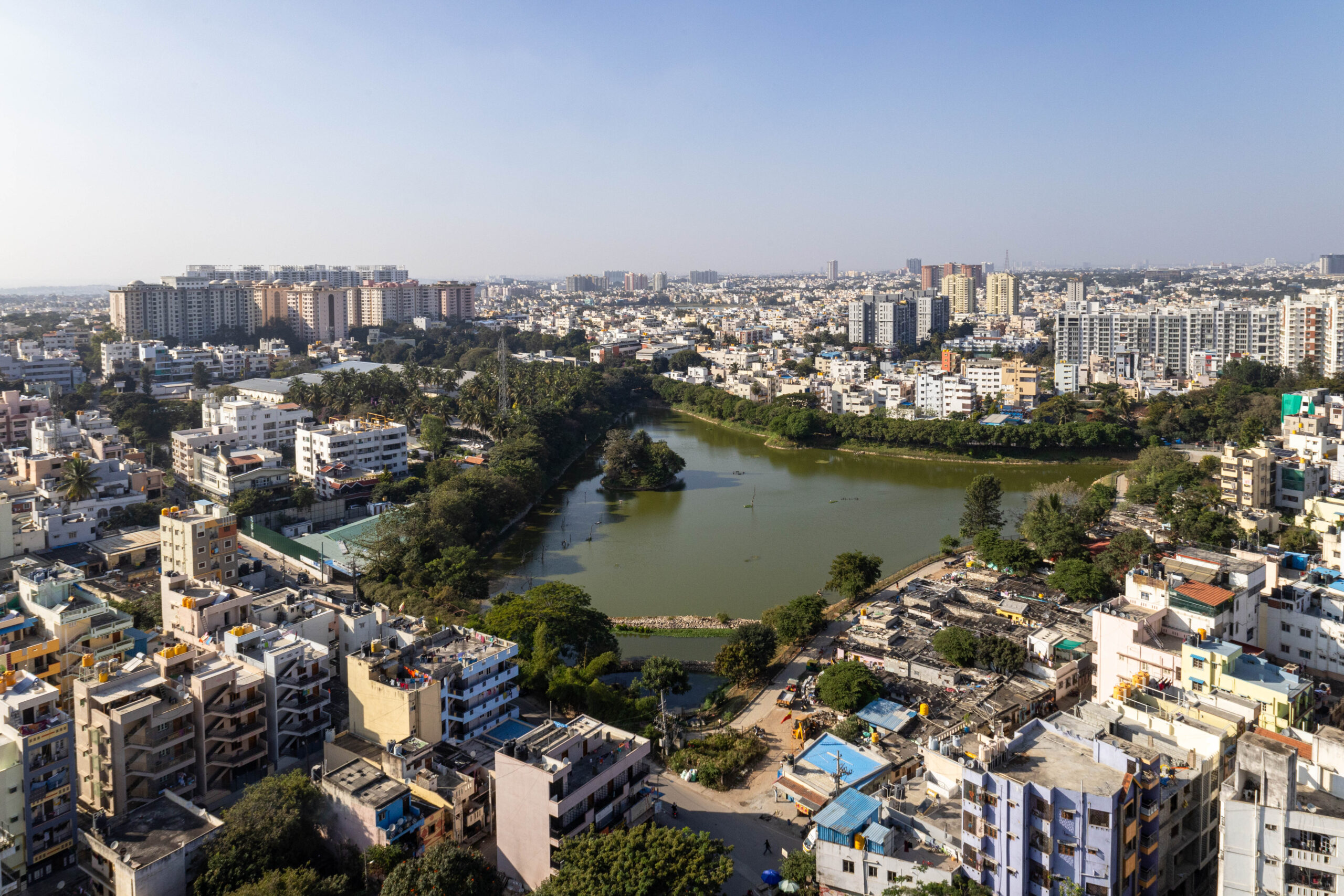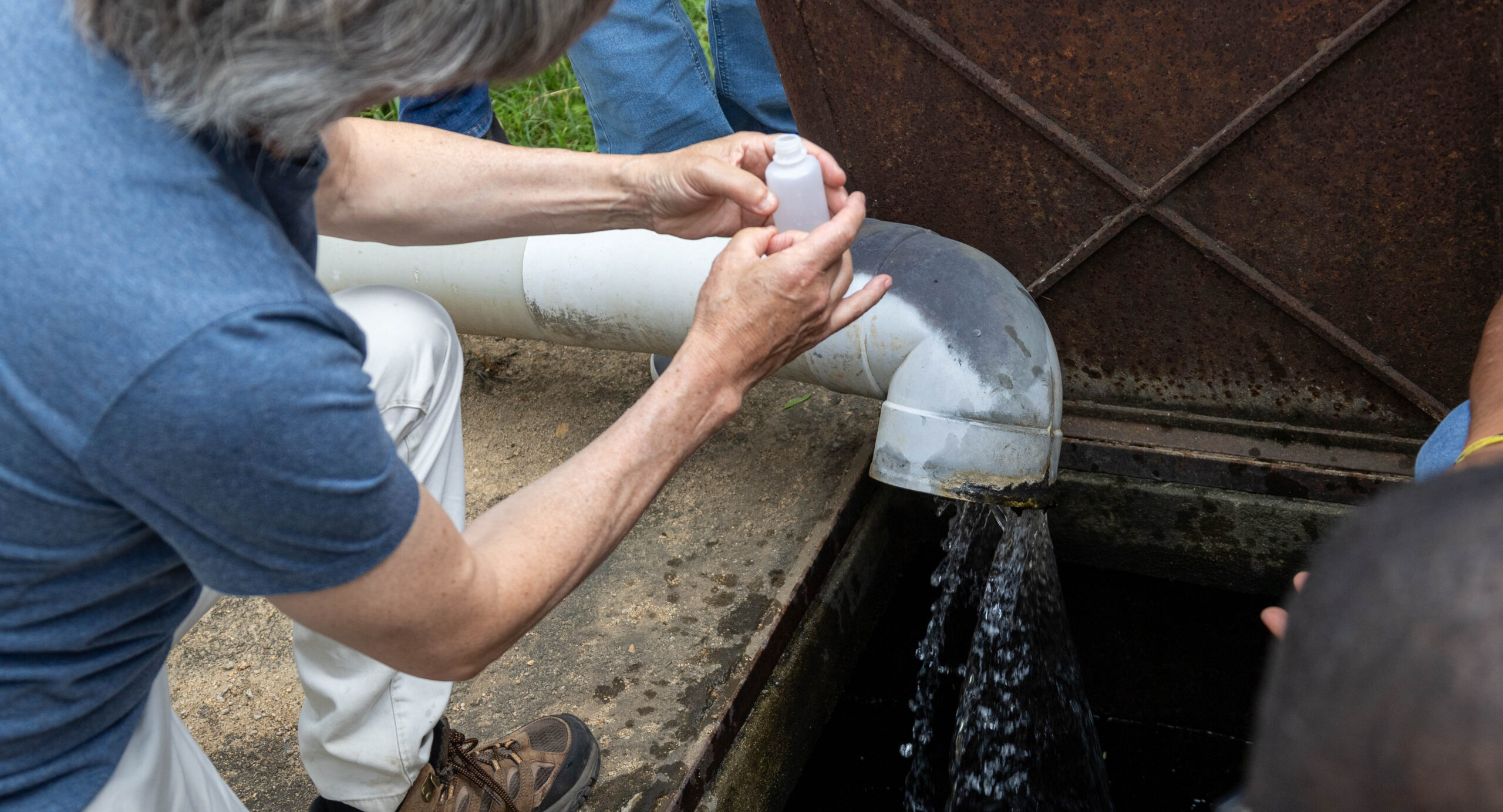Why We Started WELL Labs and What We Hope to Achieve
WELL Labs researchers interact with farmers near Anantapur in Andhra Pradesh. Credit: Manjunatha G.
Water, Environment, Land and Livelihoods Labs (WELL) Labs is a new centre based at the Institute for Financial Management and Research (IFMR) Authority. In collaboration with Krea University and other centres at IFMR, the lab will address the grand challenges of our time pertaining to land and water. It will co-create an active research and innovation agenda with external stakeholders and prioritise translating research outputs to measurable societal impact and change.
The challenges we face are tremendous and require bold thinking that brings state-of-the-science approaches to problem solving. Creating research to inform better solutions is crucial but is hard to pull off.
Read | Five Lessons We Learned As An Ecosystem Builder
We realised that research, innovation and practitioner cultures are often very different. Researchers are thorough and deliberate but don’t necessarily feel the need to deliver on timelines. They also often don’t like having to take a point of view. Innovation cultures are often fast responding and comfortable with ‘quick and dirty’ analyses and rapid prototyping; but innovators often work alone. Practitioner cultures are often rooted in community and are collaborative sometimes at the expense of scientific rigour. They can be traditional and slow to change.
In practice, this leads to misunderstandings and frustration on the part of each. Each culture has a different basis of appreciating excellence – whom it glorifies a ‘hero’. Money may be important to some, awards and appreciation by peers may be more important to others.
One reason to create a new organisation was to see if we could get these different groups to work with each other better.
We are at an inflection point in growth
Although WELL Labs is a new autonomous centre, we are not starting from scratch. We will begin with a set of existing projects and are thus at a critical inflection point. If we are to grow and have impact, we need to restructure so that we are poised for growth. This means we need to put in place incentives, metrics and a culture of impact.
To enable this, we have clearly defined goals, a vision and roadmap. We work with the government and communities to define the vision, but then undertake activities to deliver on it. The roadmap, informed by our simulation modelling and aspirations studies, allows us to identify levers we want to move. Moving these levers then forms the basis of our short- and medium-term objectives. The objectives (Os) identified are then mapped to a set of key results (KRs) we must deliver on as an institution. These are disaggregated into initiative level OKRs and individual OKRs.
Finally, we have given a lot of thought to fostering collaboration and alignment between researchers, innovators and practitioners. We aim to empower our staff with what they need to achieve to ultimately create a thinking and learning organisation. We believe the OKR system provides clarity on what needs to get done but still allows the different cultures to co-exist.
We have changed how we think about space and time scale in setting our goals.
There are three components that are unique to WELL Labs.
- Developing futures thinking
We want to develop better ‘crystal balls’ to design solutions for a world 10 years from now and not merely address the problems of today.
- Enabling local ecosystems
We are committing to transforming specific landscapes (through ‘Transformation Labs’ or pilot projects), recognising the need to think holistically to drive change. In these landscapes, we will actively collaborate with key actors, building capacity, creating knowledge and convening to align interests.
- Creating products to scale
Even as we delve deeper into specific landscapes and projects, we realise that there are elements that can scale beyond the landscape in which we are working. Our strategy for scale beyond our landscapes will be in the form of playbooks, directories, databases and tools. We will also actively engage with policymakers to embed some of our learnings in policy.
Success is being able to see measurable change on the ground.
We realise that we are one small organisation with big hairy audacious goals and a roadmap to achieving them. Our roadmap involves partnering with others – government, civil society and private sector players to drive systemic change in ‘Transformation Labs’. We believe we should be able to see measurable changes over time in the landscapes we have intervened in through our focus on land and water restoration, stronger local economies and less marginalisation. Attributing change to our own efforts, however, may be difficult.
Systems change interventions typically involve many actors acting in a concerted manner, over a long period of time, during which both barriers and opportunities shift with larger social trends. Indeed, we ourselves are working to embed changes into policy and practice, such that we expect any initial differences between the landscapes we are working in and adjacent ‘control’ landscapes would diminish over time.
These features of systems change undertakings complicate any attempt to attribute causality to our interventions or even the cumulative efforts of a coalition. Instead, we will merely focus on how we contributed to change.
If you would like to collaborate with us outside of this project or position, write to us. We would love to hear from you.
Follow us and stay updated about our work:
About the Author
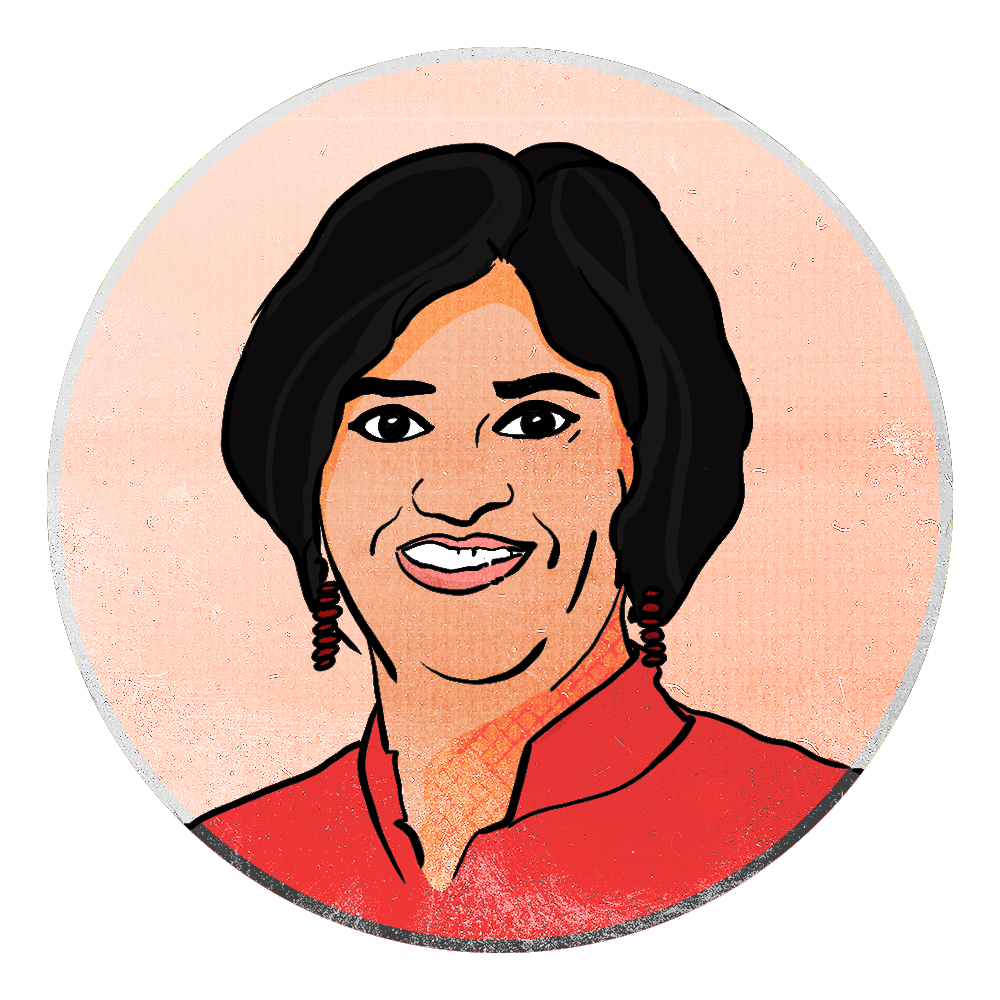
Veena Srinivasan
Executive Director, WELL Labs

